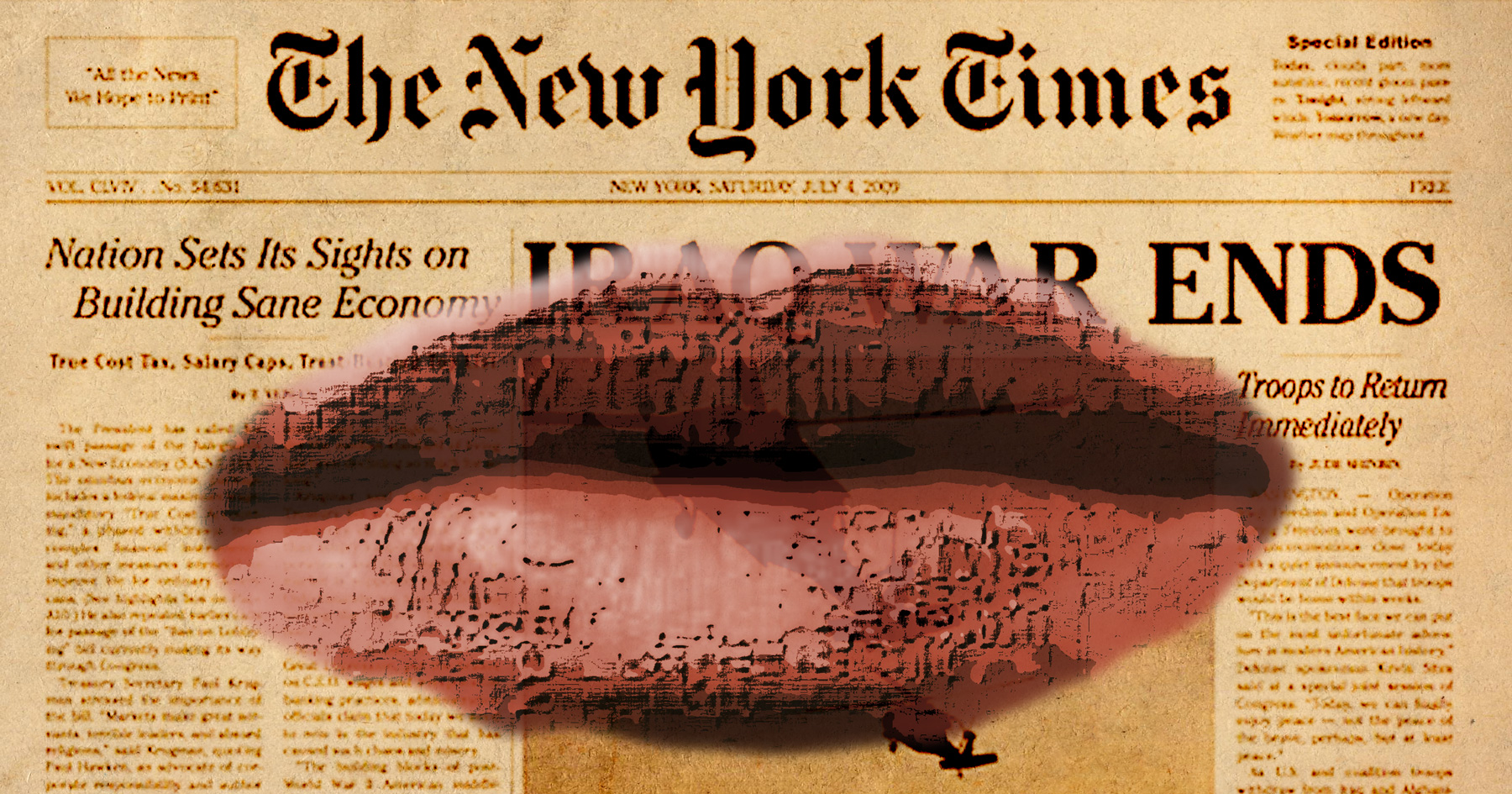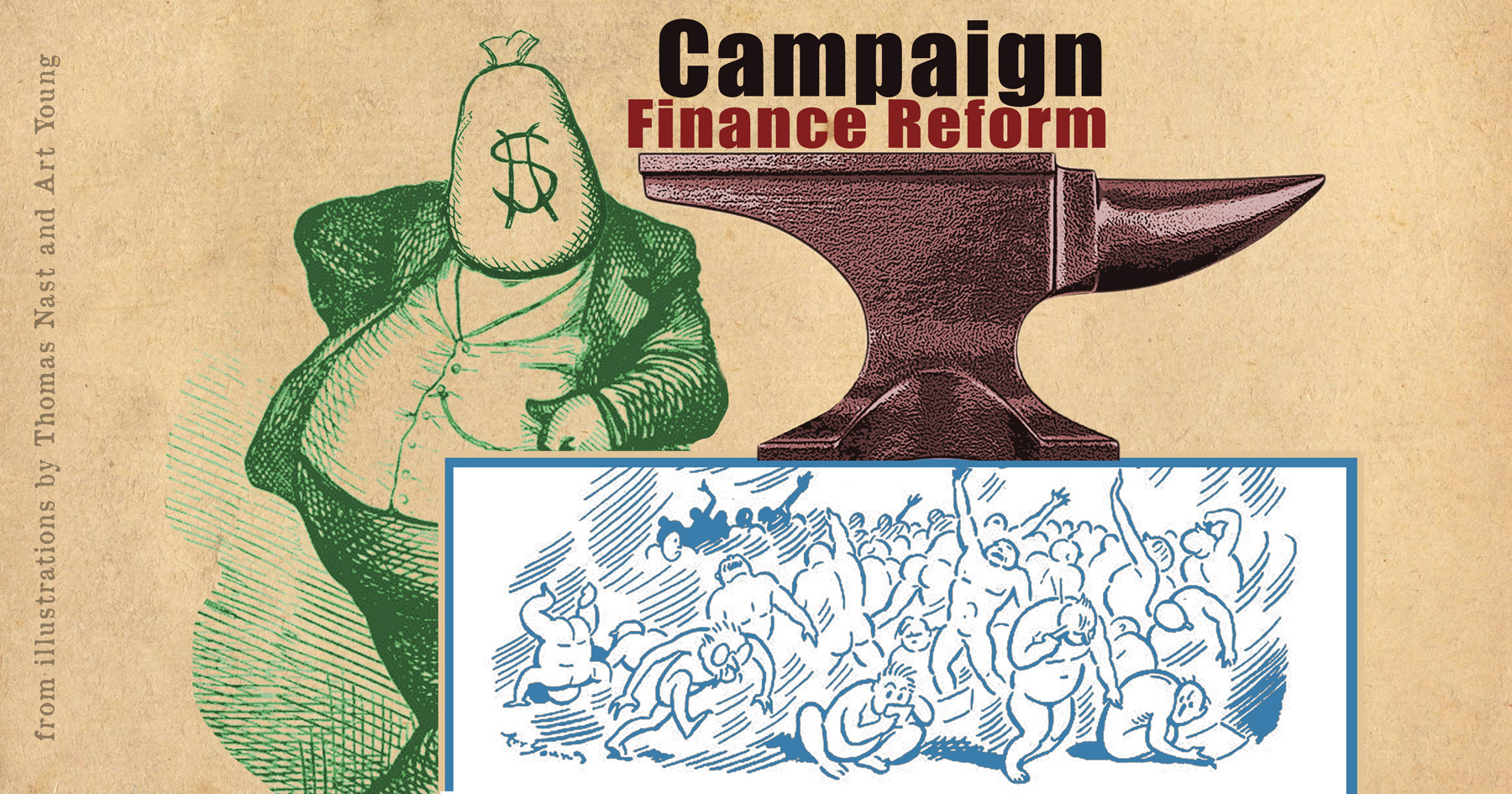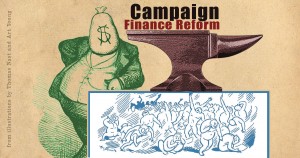Sen. Marco Rubio’s charge in last week’s presidential debate, that the mainstream media functions as a SuperPAC for Democrats, was not only accurate, I wrote at Townhall, it has deeper implications.
Consider the relentless media drumbeat for restrictive campaign finance regulations.
If the Federal Elections Commission mutes, at Congress’s instruction, voices of the political parties and silences issue-oriented advocacy groups — or such groups are prevented by the IRS from even forming in the first place — and if Democrats get their way and ban SuperPACs (other than the media), who would hold the loudest megaphone?
You guessed it.
The New York Times, Washington Post, Associated Press, NBC News, etc. — corporate behemoths all — warn of the dangers of big, bad corporations and wealthy individuals, hoping to spur regulation that hamstrings the communications of others.
The regulations somehow never involve abridging the speech of those same powerful media outlets.
Last year, every single Democrat in the Senate voted to repeal the essential constitutional guarantee of free speech, voting for Senate Joint Resolution 19, introduced by Sen. Tom Udall (D‑N.M.).
Had it become part of our Constitution, the First Amendment’s words “Congress shall pass no law” would have been replaced with an open-ended invitation for politicians in Congress to “regulate” campaign spending — therefore speech — to their hearts’ content.
The amendment was so sweeping the authors felt the need to add: “Nothing in this article shall be construed to grant Congress or the States the power to abridge the freedom of the press.”
Big Media is a major force promoting Big Government, always willing to attack advocates of a constitutionally limited government.
Except when it comes to constitutional protections for Big Media.
This is Common Sense. I’m Paul Jacob.





